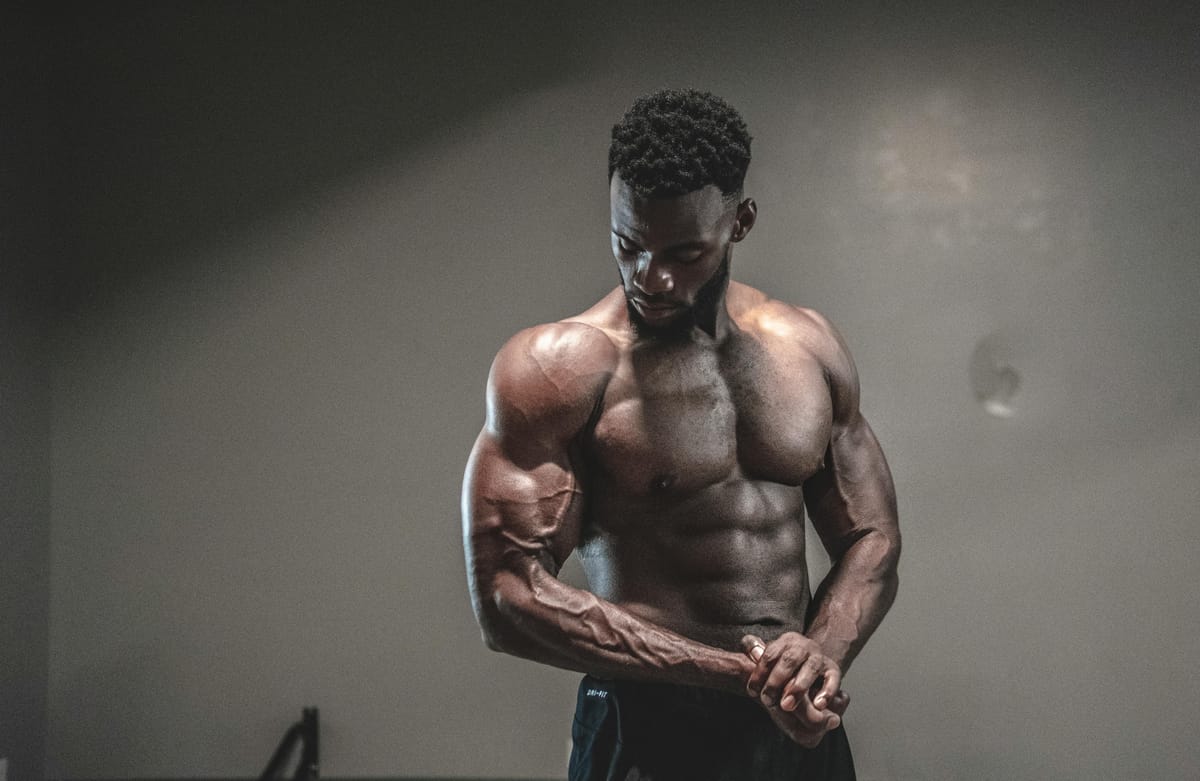Myostatin - How it inhibits muscle growth

Myostatin is a protein that inhibits muscle growth in your body. It is a class of proteins known as growth differentiation factors.
So if you care about muscle development, it is useful to know how myostatins work.
Myostatin is produced by your muscles. Once produced, it circulates in your blood, acting on muscle tissue.
Your muscles have specific receptors on their surface. Myostatin binds to these receptors, initiating a cascade of events that helps inhibit muscle growth.
If you are wondering why on earth you would have something that inhibits muscle growth, the answer is simple. Your body always wants everything it does to occur within a tight range.
So, while you need muscle growth, you do not want it to occur uninhibited. Imagine that your biceps just kept growing and refused to stop.
In essence, myostatin serves as a molecular brake to ensure that muscle growth does not proceed unchecked.
In research studies, experts have looked at reducing myostatin in mice. The mice then exhibited significantly increased muscle mass, often referred to as "double-muscling."
Given its powerful influence on muscle development, myostatin has garnered considerable interest in the fields of medicine and sports. Researchers are exploring introducing elements that inhibit myostatin inhibitors.
The notion is that people with muscle-wasting conditions such as muscular dystrophy, cachexia, and sarcopenia could benefit.
Manipulating myostatin levels is not without potential risks. Over-inhibition of myostatin could lead to uncontrolled muscle growth, metabolic imbalances, and other unforeseen complications.
Therefore, a thorough understanding of myostatin's biology and careful evaluation of the long-term effects of its inhibition are essential for the development of safe and effective therapeutic strategies.
Counterintuitively, the best way to inhibit myostatin is to exercise. The more you exercise, the less myostatin you will have.
So performing a super-set, pushing yourself to do more on one set, is one of the best ways to reduce the effect of this protein on your body.
Another great way is to get exposure to the sunlight which helps you produce Vitamin D.
So in short, lots of activity out in the sunlight, the way human beings were meant to live.
Reach out to me on twitter @rbawri Instagram @riteshbawriofficial and YouTube at www.youtube.com/breatheagain






